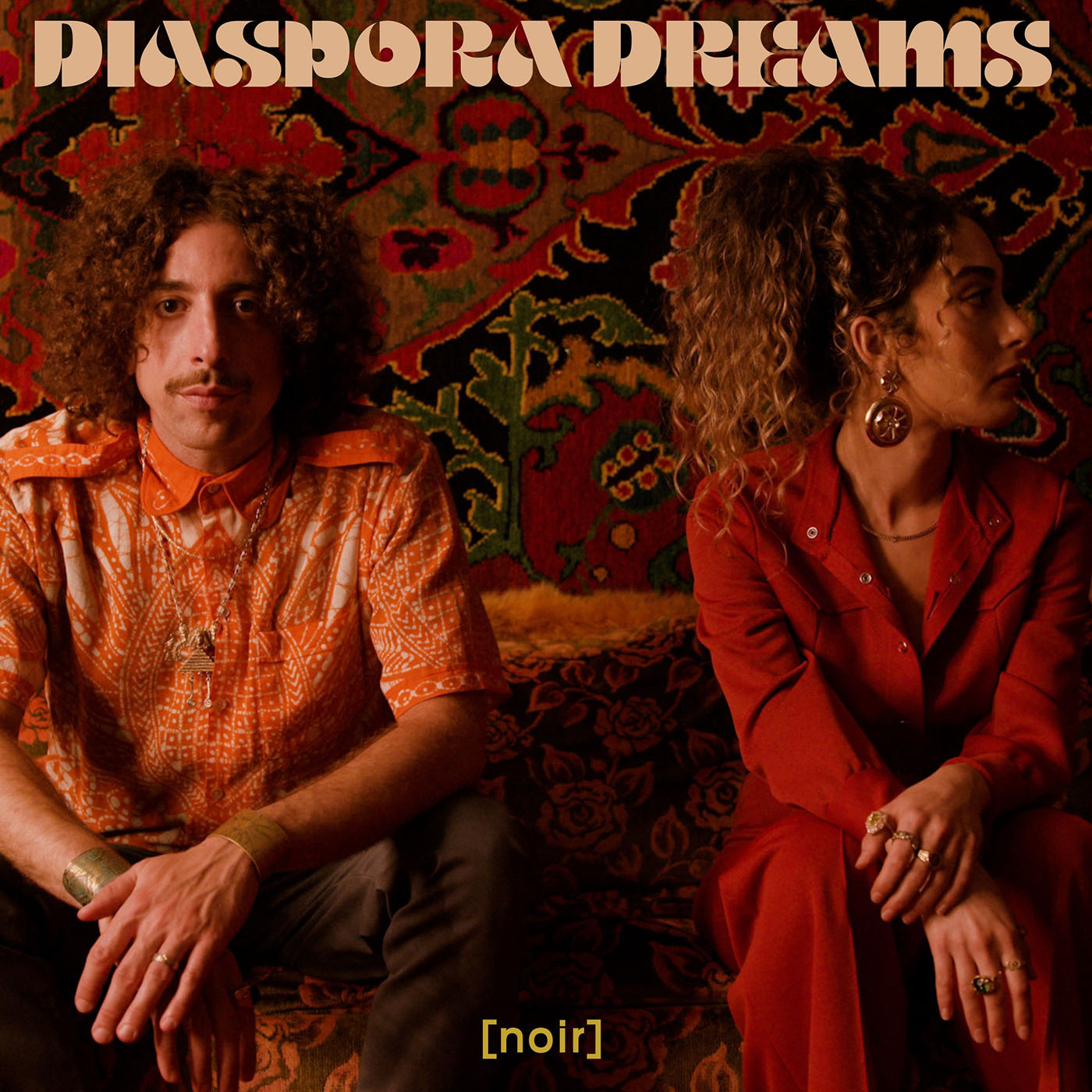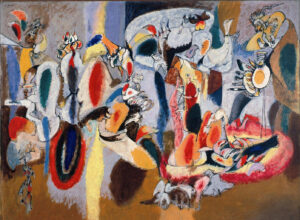
Mischa Geracoulis
When National Public Radio (US) announced its best of summer 2022 music on 31 July, 2022, it was but a superficial scratch at the enormity and complexity of current music. While indisputable props go to Beyoncé, Lizzo, and Bad Bunny, NPR basically recapitulated the top of Billboard’s Hot 100. Neither NPR nor Billboard, however, fully capture the best of summer 2022 music, even if their focus was narrowed to dance music.
Their “best of” omitted massive swaths of dance music from other genres and regions, which is where TMR comes in. Because TMR goes where corporate, mainstream media stops short, a hot summer music round-up would be incomplete without giving props of MENA and diasporic proportions to Bei Ru and the aptly titled album, Diaspora Dreams, featuring the vocals of Krista Marina, that dropped on 29 July.
Part of the vast Armenian Diaspora, Bei Ru is Baruir Panossian, Armenian American DJ, singer-songwriter, multi-instrumentalist, recording artist and producer, based in Los Angeles by way of Lebanon. And singer-songwriter and producer, Krista Marina is also Armenian American with roots in Lebanon and Jordan.
Whether due to genocide, conquests, revolution, or migration, there’s not one, typical “Armenian.” The beauty of such multi-generational displacement, to borrow from William Saroyan, is that no matter where an Armenian might be, in meeting another, together they will create a new Armenia. Exemplar of Saroyan’s prediction is Diaspora Dreams, a must-add to this summer’s playlist.
The beauty of diaspora life, by its very nature, is a co-mingling of cultures and transcendence of borders. Though cultural fusion in music, food, and fashion is on trend, fusion also reflects the resiliency and innovation generated by change. As such, diasporan-made music can often achieve a level of savoir-faire that evades the purists. While not abandoning or replacing tradition, the diasporic musician is able to bring forward and recontextualize music from a particular place and time into the present moment. To this point, Diaspora Dreams fuses house, lounge, trip, and trance with decidedly Middle Eastern and Armenian rhythms and downbeats. Masterful use of reverb adds to a cool, lo-fi effect, especially on “Noir.” The song’s subtle doum tek underpinning registers in the body before the mind or ear, making it danceable and listenable on repeat. Perfect for summer after dark, the rich versatility of Krista Marina’s range and timbre brings a soulful, sultry groove to “Noir,” and an ethereal, chill-out quality to the album overall.
Bei Ru’s debut album, Little Armenia, an eponymous nod to the East Hollywood neighborhood that, depending on where one stands, could be straight out of Yerevan or Bourj Hammoud in Beirut, dates back to 2012. Since then, Bei Ru has collaborated, mixed, and mashed sounds with other artists from a variety of genres, and composed for film and TV. Albums like Good Hummus, volumes 1—8, and Saturday Night at the Magic Lamp give it up for the MENA, and Custom Made Life has a distinctive LA dance party vibe.
Krista Marina sings in English and Armenian, and does unexpected acoustic covers, such as of System of a Down’s B.Y.O.B. and Sweet Dreams by the Eurythmics.
Clearly, neither Bei Ru nor Krista Marina is new to the music scene, but they just might be having a moment. Journalists make for bad fortune tellers, yet “Noir” may well be positioned to do for Bei Ru what “Lebanese Blonde” did for Thievery Corporation 20 years ago. In a matter of one song, Lebanese Blonde — the original version with Pam Bricker (peace unto her soul) on vocals — catapulted Thievery from niche to mainstream. International music as a genre made the actual leap into international arenas. Suddenly, Lebanese Blonde could be, and still can be, heard everywhere from posh hotel lobbies, cafes, and retail stores to film soundtracks across the globe.
Give Diaspora Dreams a listen and see how you feel.

















![Ali Cherri’s show at Marseille’s [mac] Is Watching You](https://themarkaz.org/wp-content/uploads/2025/09/Ali-Cherri-22Les-Veilleurs22-at-the-mac-Musee-dart-contemporain-de-Marseille-photo-Gregoire-Edouard-Ville-de-Marseille-300x200.jpg)





































































































































